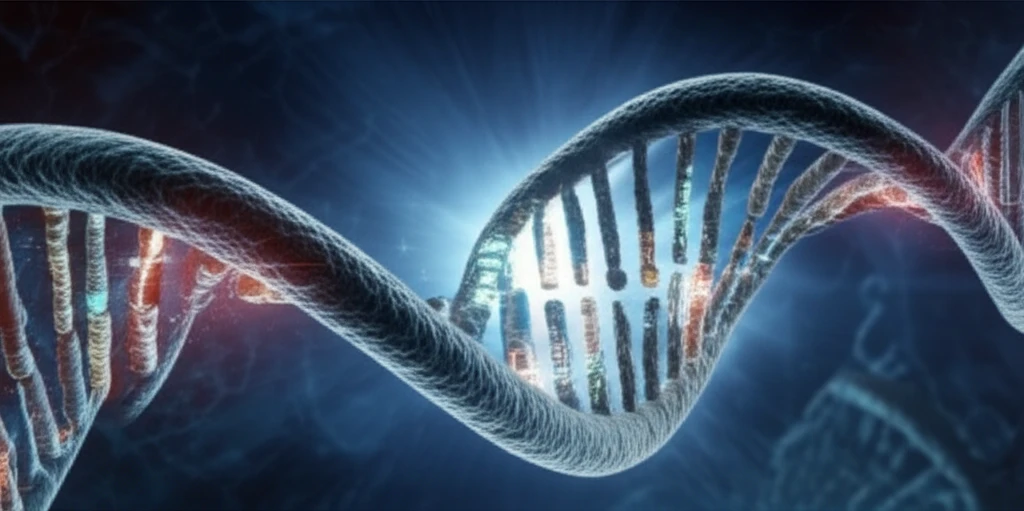
Decoding RAS Mutations: How Your Cancer's Genetic Fingerprint Impacts Treatment
"A new study reveals how different RAS mutations affect outcomes in lung and colorectal cancer, paving the way for personalized therapies."
Cancer is a formidable foe, and its complexity often feels overwhelming. Among the many factors that influence cancer's behavior, RAS mutations stand out as significant drivers. These mutations, found in key onco-proteins, play a critical role in various cancers, but their impact isn't uniform. The type of RAS mutation and the specific cancer context can significantly alter treatment outcomes.
Researchers have long recognized that certain RAS mutations are linked to distinct clinical results. However, a comprehensive understanding of how the full spectrum of RAS mutations affects cancer progression and treatment response has remained elusive. A groundbreaking study has now shed light on this intricate relationship, offering new hope for personalized cancer therapies.
This article delves into the findings of this study, which meticulously examined the genomic and clinical data of patients with RAS-mutated metastatic lung and colorectal cancer. By comparing mutational patterns and analyzing their effects on patient outcomes, the researchers have provided valuable insights into the role of RAS mutations in cancer. These findings could revolutionize how we approach cancer treatment, enabling more precise and effective strategies tailored to each patient's unique genetic profile.
RAS Mutations: A Genetic Code with Varying Outcomes

The study revealed that the distribution of RAS mutations varies significantly between different cancer types. For instance, in non-small cell lung cancer (NSCLC), the most frequent mutation subtype was KRAS G12C, followed by KRAS G12V and KRAS G12D. In contrast, colorectal cancer (CRC) showed a different pattern, with KRAS G12D being the most common, followed by KRAS G12V and KRAS G13D.
- Extrinsic carcinogens: Substances like tobacco smoke, more relevant in some cancers.
- Tissue context: Differences in DNA repair protein expression or RAS isoform expression.
- Clonal evolution: The process by which mutations accumulate and provide selective advantages to cancer cells.
A New Era of Targeted Therapies
The study's findings provide a framework for risk stratification based on specific RAS mutations across different cancer types. This is particularly important as direct RAS inhibitors and agents targeting downstream pathways are being developed.
By understanding how different RAS mutations affect prognosis and treatment response, clinicians can better tailor therapies to individual patients. For instance, patients with KRAS G12C-mutated colorectal cancer may require different treatment strategies than those with the same mutation in lung cancer.
As research continues to unravel the complexities of RAS mutations, the future of cancer treatment lies in personalized approaches. By targeting specific mutations and considering the unique characteristics of each patient's tumor, we can move closer to more effective and less toxic therapies.
